

|
Glencore to acquire majority stake in Dutch marine fuel supplier FincoEnergies
Transaction expected to complete in Q2 2026, subject to EU anti-trust approval. |
|
|
|
||
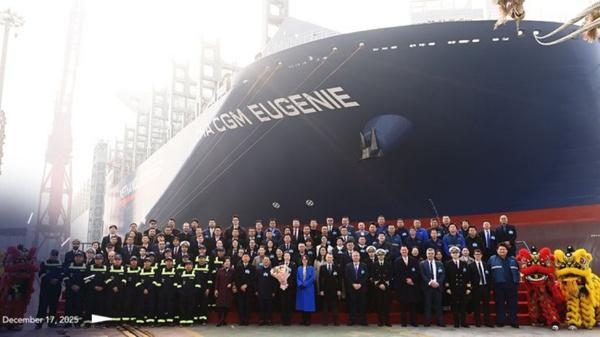
|
CMA CGM names 15,000-teu methanol-fuelled containership CMA CGM Eugenie
Vessel to operate on Phoenician Express service linking Asia, Middle East, and Mediterranean. |
|
|
|
||

|
Island Oil appoints Christian Larsen as senior trader in Denmark expansion
Marine fuel supplier establishes operations in Denmark as part of expansion strategy. |
|
|
|
||

|
HIF Global signs Uruguay agreement to advance US$5.3bn e-fuels facility in Paysandú
Memorandum sets roadmap for final investment decision on plant targeting 880,000 tonnes annual production. |
|
|
|
||
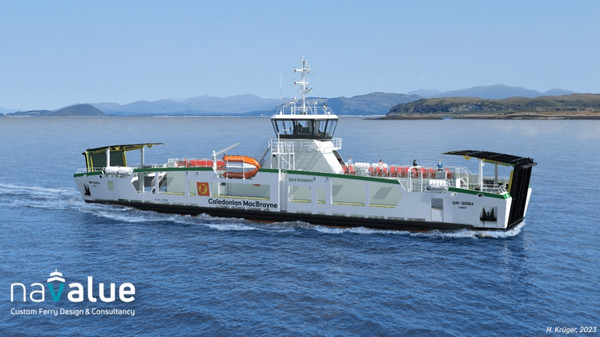
|
Corvus Energy wins largest-ever contract for seven electric Scottish ferries
Battery systems supplier secures record order from Remontowa Shipbuilding for CMAL's Small Vessel Replacement Program. |
|
|
|
||
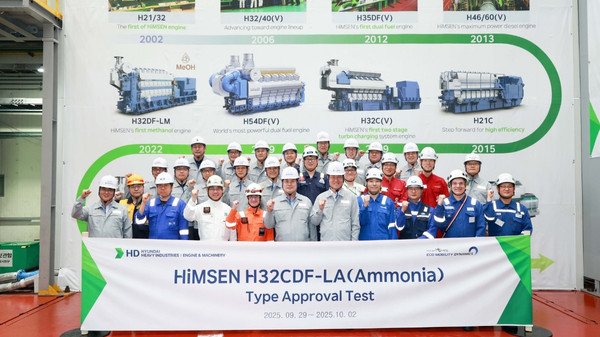
|
HHI-EMD secures type approval for 5.4MW ammonia engine
Lloyd's Register approves H32CDF-LA dual-fuel engine following three-day testing programme in Korea. |
|
|
|
||
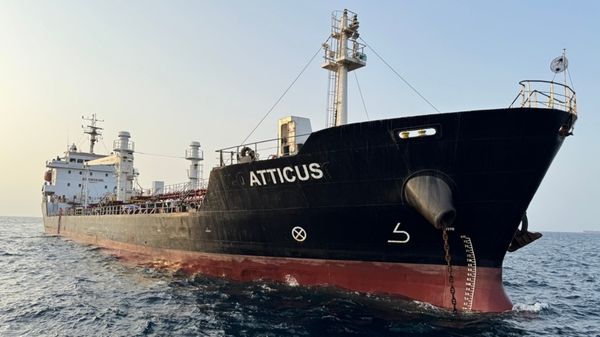
|
Global Fuel Supply acquires first bunker tanker
Company transitions from chartering vessels to ship ownership with asset to be renamed MV Blue Alliance. |
|
|
|
||
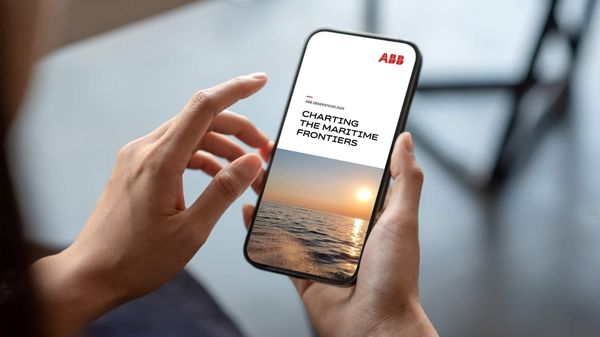
|
ABB publishes 2025 maritime insights on decarbonisation and digitalization
Technology firm compiles annual articles exploring energy efficiency, automation, and alternative fuels for the shipping industry. |
|
|
|
||
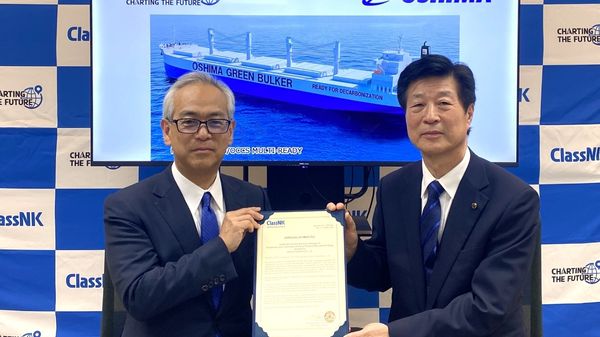
|
ClassNK grants approval for multi-fuel ready bulk carrier design by Oshima Shipbuilding
Vessel design accommodates future conversion to ammonia, methanol, or LNG with carbon capture capability. |
|
|
|
||

|
Four countries propose Arctic fuel measure to cut black carbon from shipping
Proposal to IMO's PPR 13 meeting aims to establish fuel regulations under MARPOL Annex VI. |
|
|
|
||
| Deal to build biofuel-refuelling Navy oilers [News & Insights] |
| Senators push for growth of biofuel sector [News & Insights] |
| Great Green Fleet initiative continues to ride the waves of criticism [News & Insights] |
| First U.S. warship to receive biofuels from partner nation [News & Insights] |
| Seawater carbon capture process receives U.S. patent [News & Insights] |